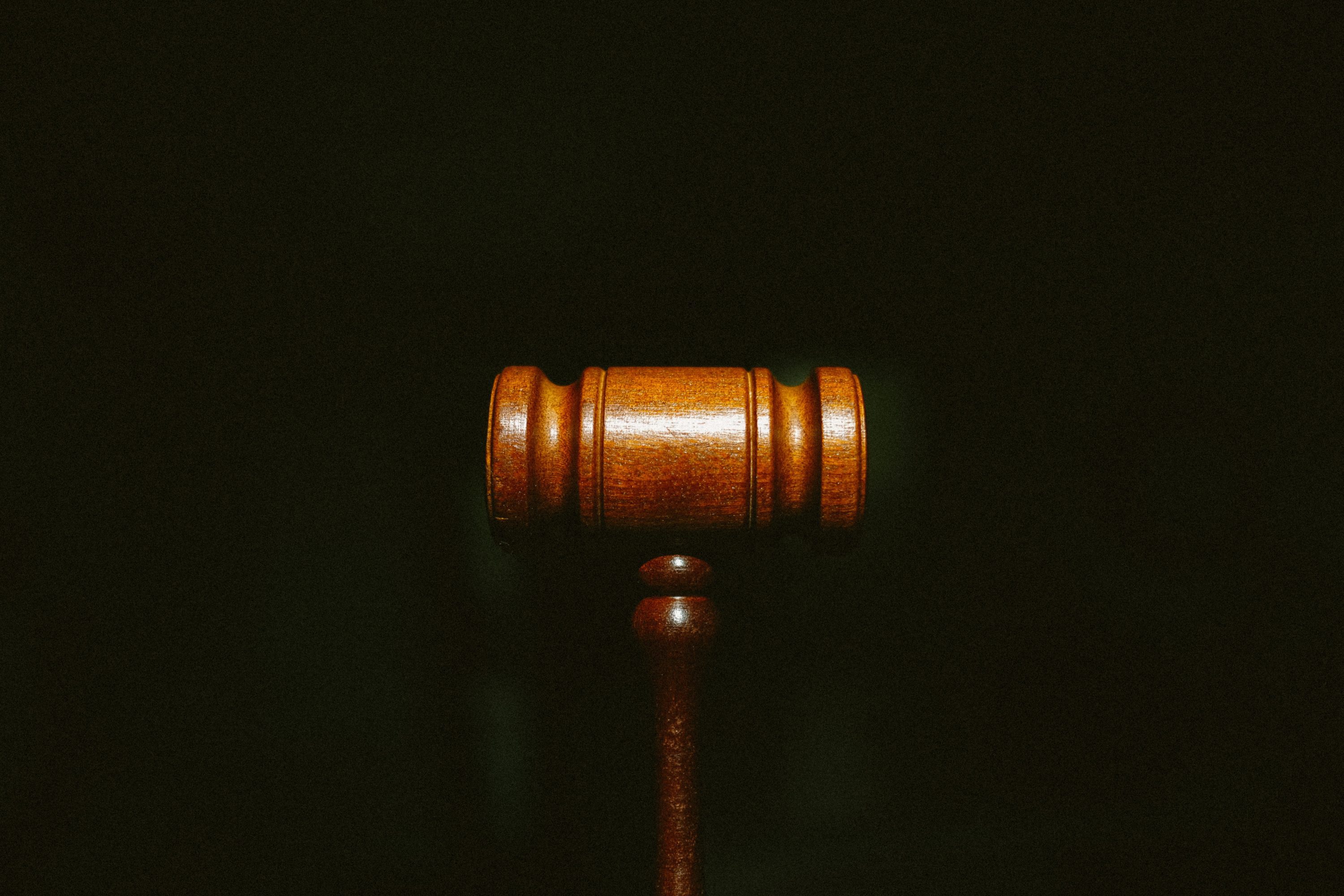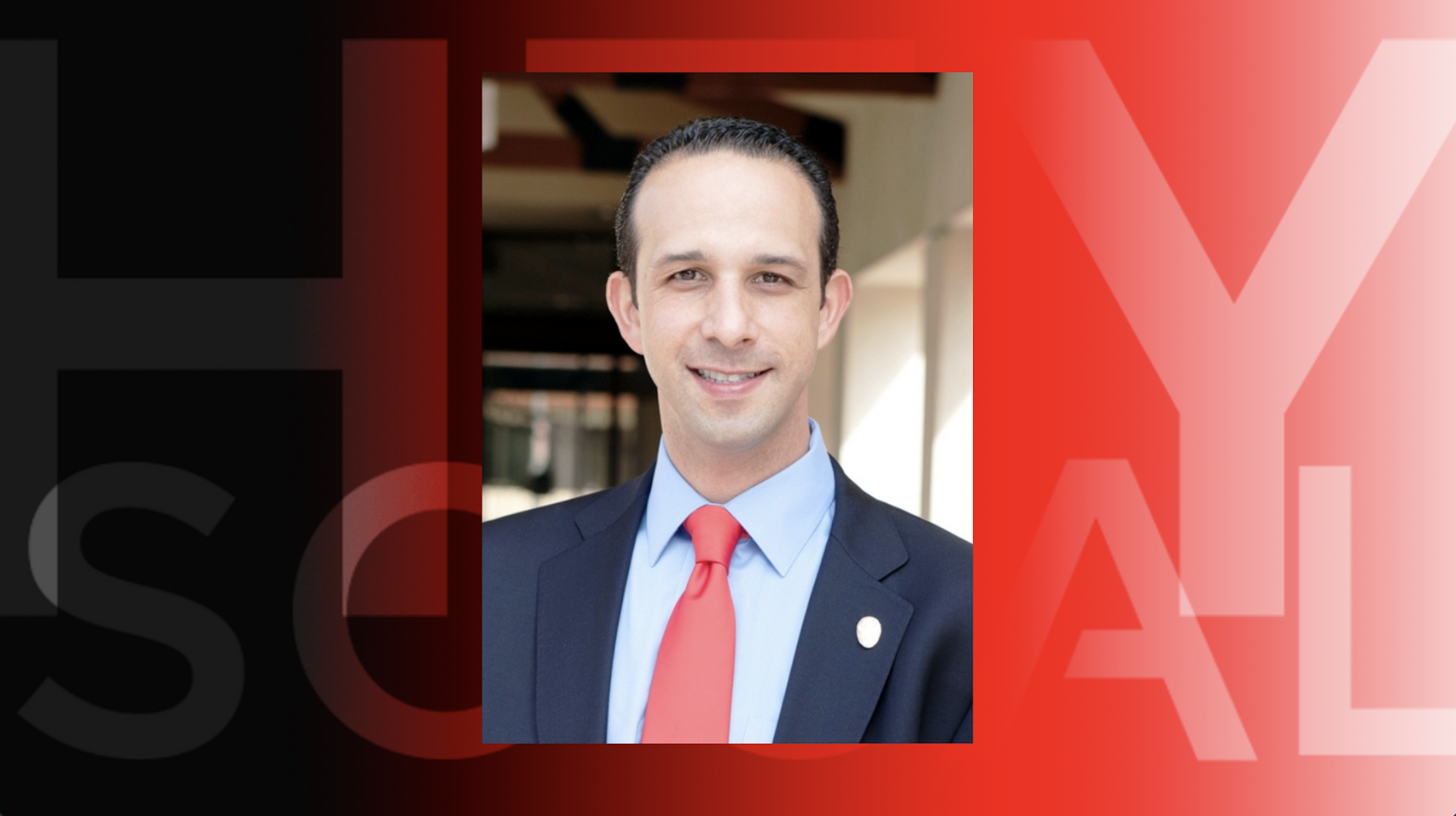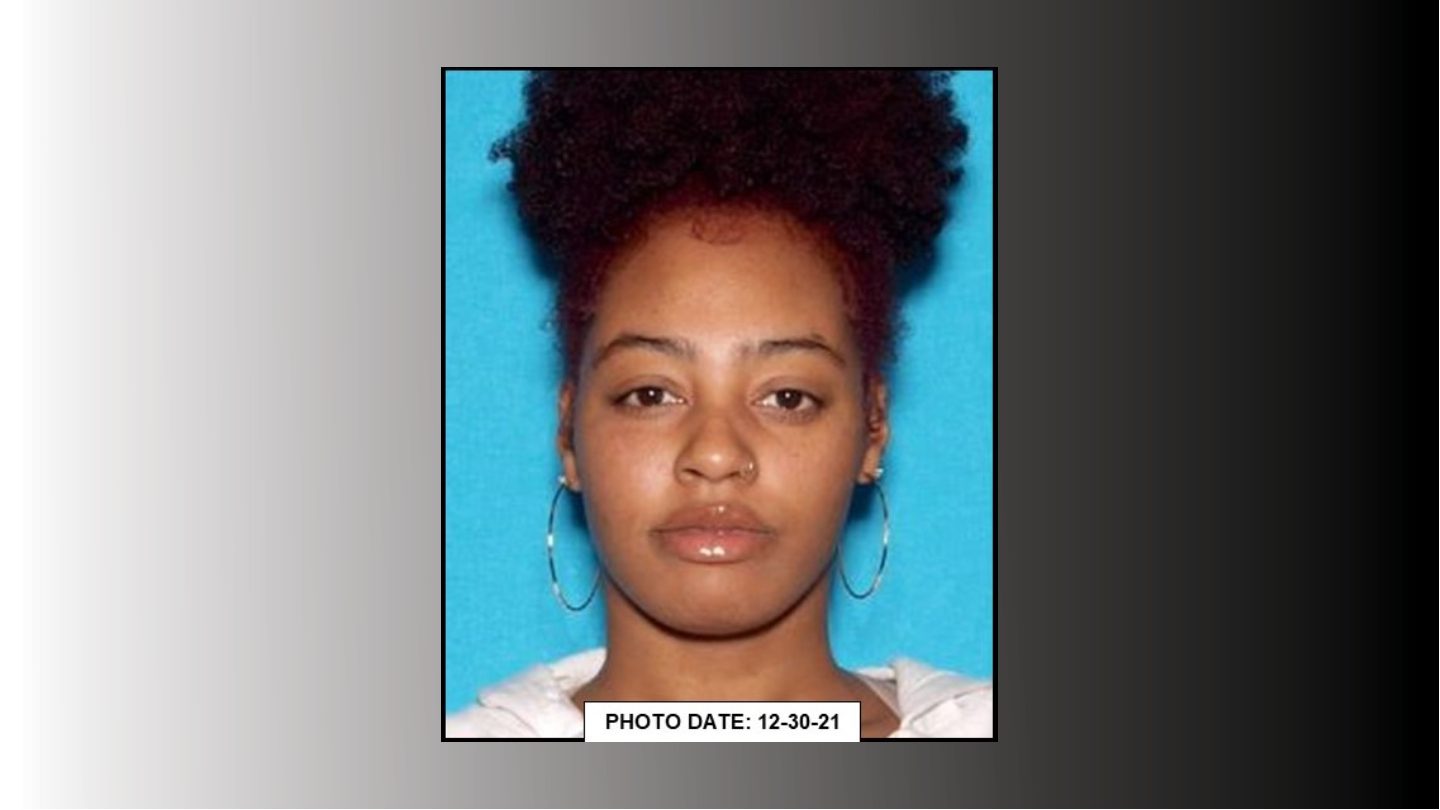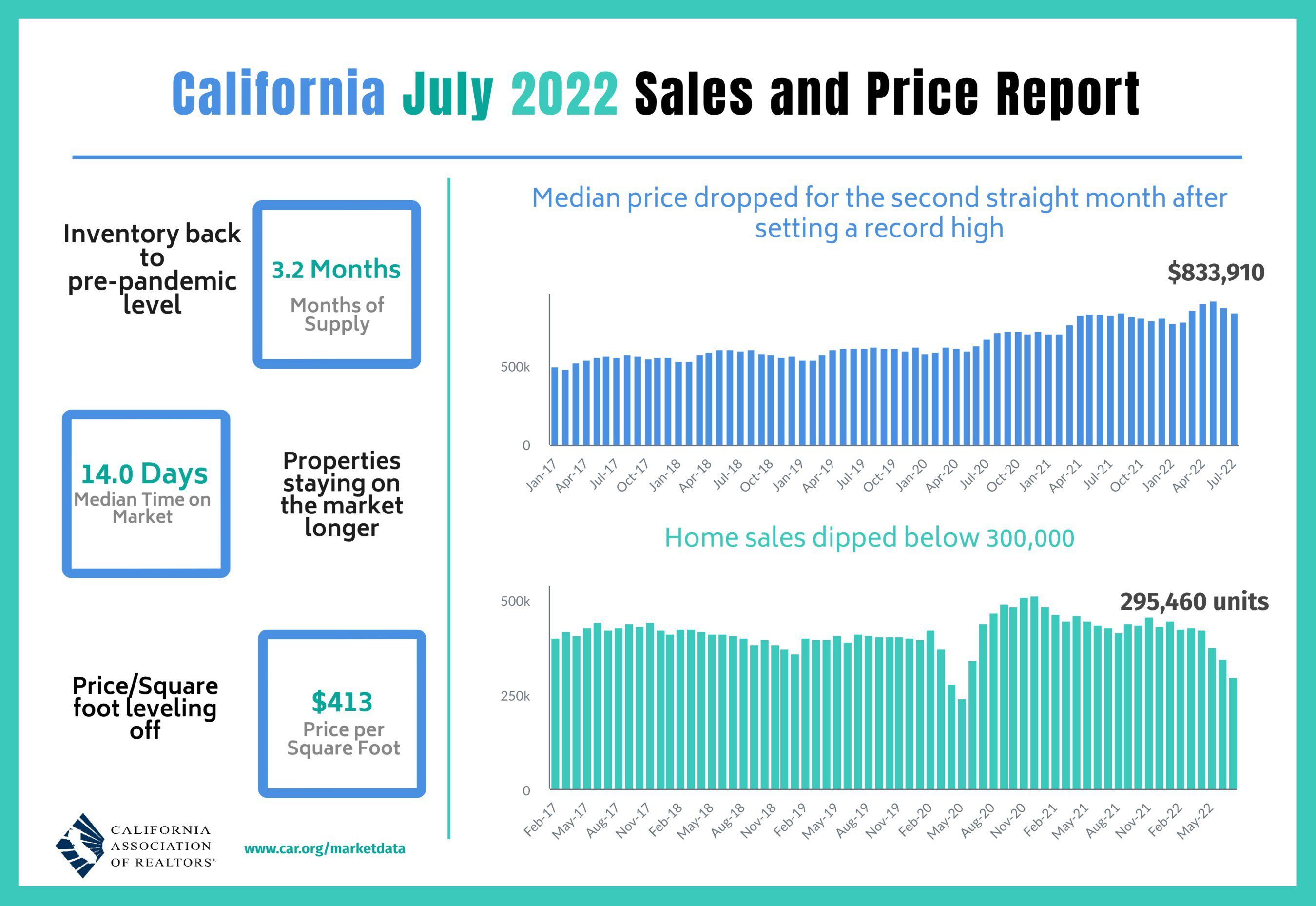A judge Wednesday was pondering whether to reverse his previous decision to fine the American Civil Liberties Union more than $4,500 for allegedly failing to turn over all documents sought by counsel for a Black former attorney for the civil rights organization, who alleges she was subjected to racism and wrongfully fired in 2020 for complaining.
Los Angeles Superior Court Judge Jon Takasugi issued his initial decision June 1 granting plaintiff Sarah O. Clifton’s motion in full, ordering that the documents be produced by June 20 and to fine the ACLU $4,560, which he says could have been avoided had the organization not committed an “abuse of the discovery process.”
The ACLU filed a motion for reconsideration on June 13, arguing in part that Clifton and her attorney “failed to accurately apprise the court of the true status of (the ACLU’s) document production efforts,” which the organization’s attorneys argued in their court papers amounted to up to more than 90% by late May.
In a tentative ruling issued Tuesday, the judge said he was leaning toward reversing his previous ruling, based on new information provided by the ACLU of its late discovery that hundreds of privileged documents had to be pulled from the last set of documents after they had been prepared for production and because of a dispute with Clifton over whether the attorney- client privilege had been waived regarding some of them.
But after hearing arguments from Clifton’s lawyer, Kevin Chiang — who said that after two years he still has not received documents sought two years ago dealing with employee handbooks, insurance policies and other issues and that the alleged noncompliance of those items alone justifies leaving the fine in place — the judge said he is inclined to change his tentative ruling in favor of the ACLU, but wants to ponder the matter further.
The judge also said he will mull a second ACLU motion to block Clifton from obtaining draft portions of a final investigative report made by a third-party attorney into the plaintiff’s lawsuit allegations. The ACLU maintains the draft writings are protected by the attorney-client privilege as well as conversations the investigator had with a law firm, but agrees the final report should be given to the plaintiff because it will be used as part of the ACLU’s defense in Clifton’s suit.
The judge said his tentative decision was to rule in the ACLU’s favor, but added that he also wants to think about the issues more. He ordered that a transcript of Wednesday’s hearing be produced to help him in his review of the issues.
Chiang argued he is entitled to review all of the information because he wants to know how the investigator came to her conclusions.
The suit was filed in June 2020 against the ACLU of Southern California and the ACLU Foundation of Southern California, stating that Clifton’s case is “a matter of urgent public concern” in light of the 2020 murder of George Floyd and the “resurgence of the Black Lives Matter movement.”
ACLU of Southern California Executive Director Hector Villagra also is a defendant. Takasugi ruled in October that Clifton had presented a prima facie showing of alleged harassment by Villagra, noting that during a staff meeting, Villagra allegedly “blew up, lost his temper and start(ed) yelling and arguing with (Clifton) in front of everyone.”
Clifton was hired by the ACLU in September 2018 as a staff attorney involved with issues in the Los Angeles County jails. She was fired on Valentine’s Day 2020 in the middle of Black History Month, according to her court papers, which allege the ACLU subsequently offered her a $48,000 severance that required arbitration of disputes “in a shameful attempt to silence” her.







